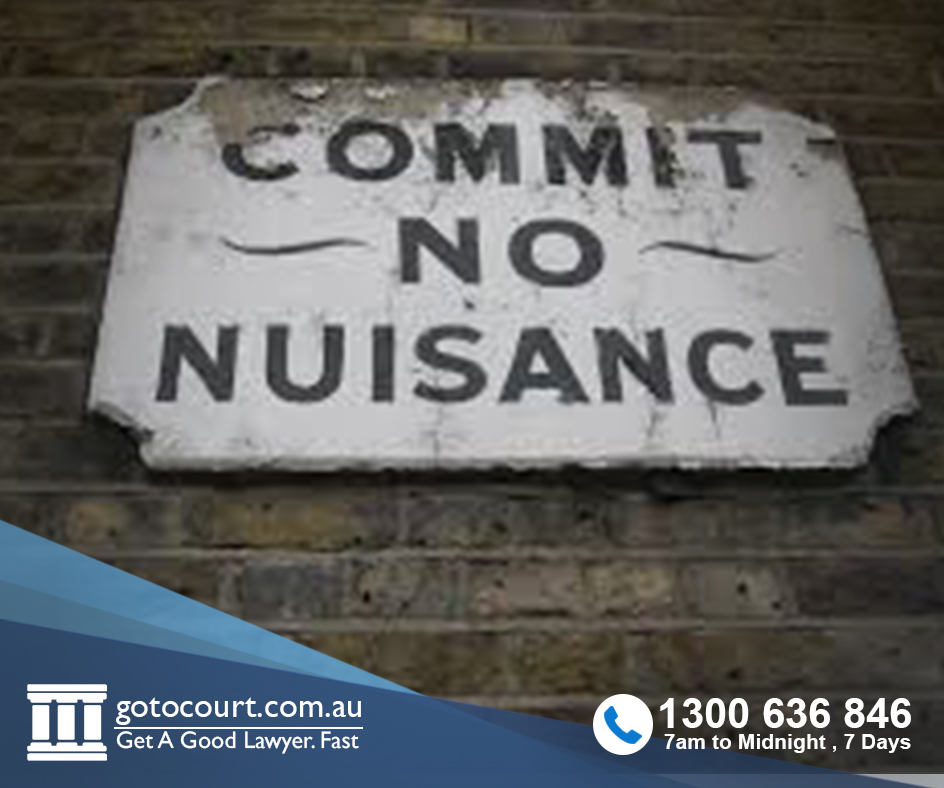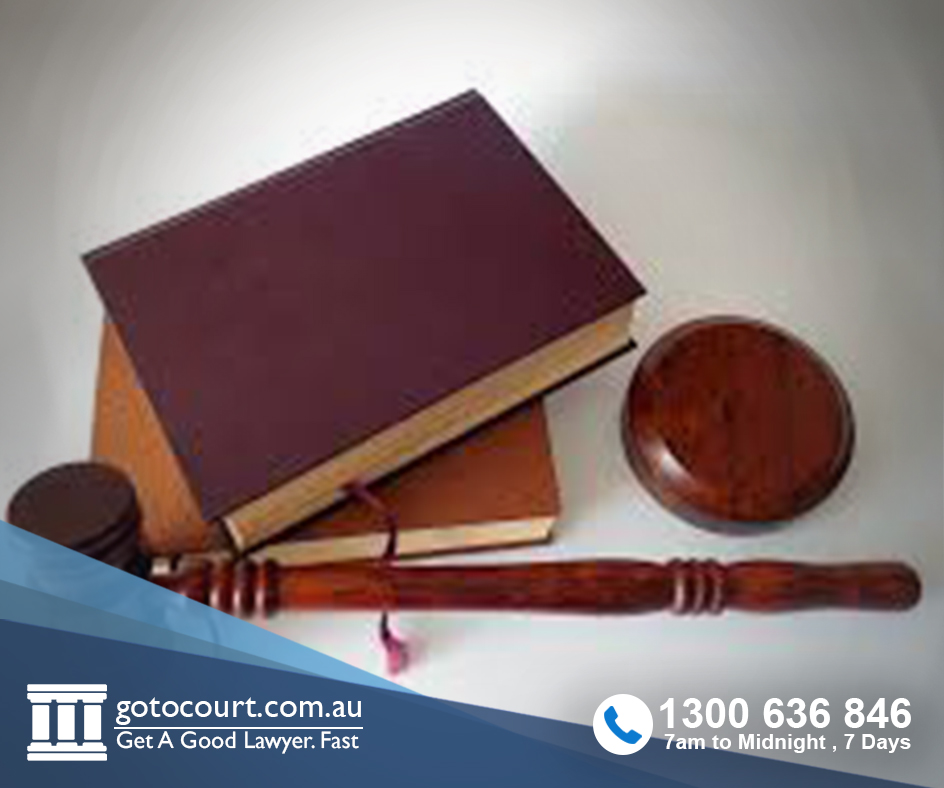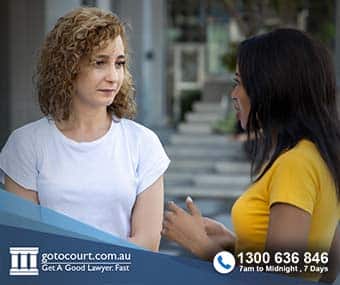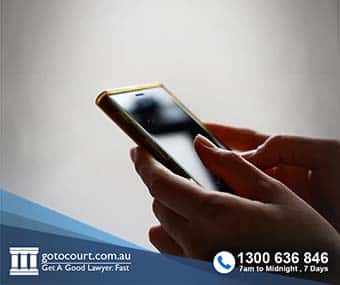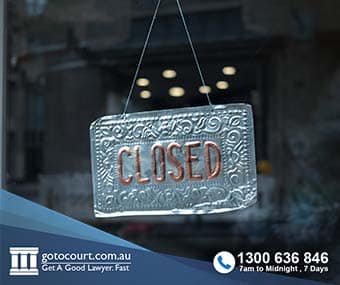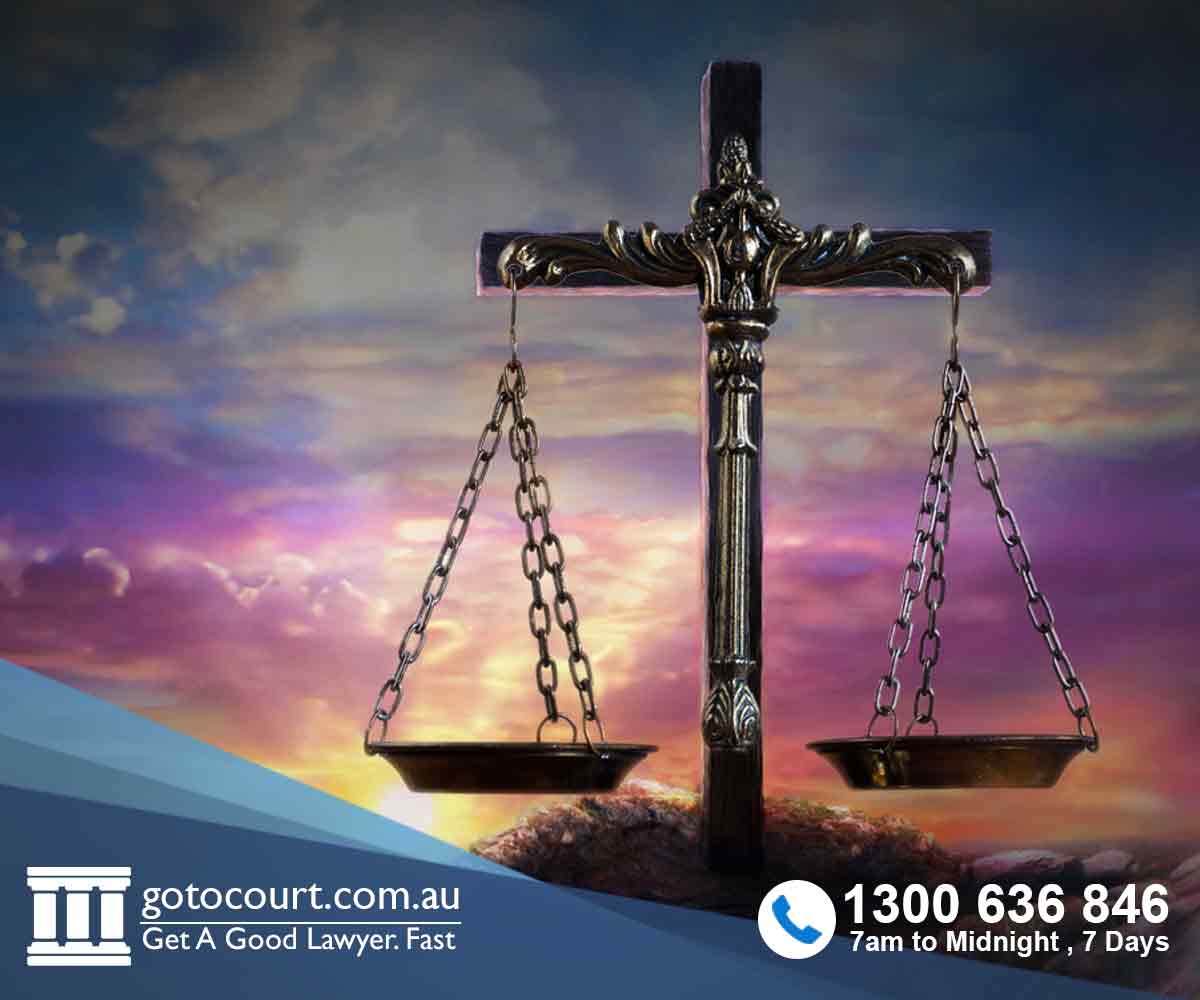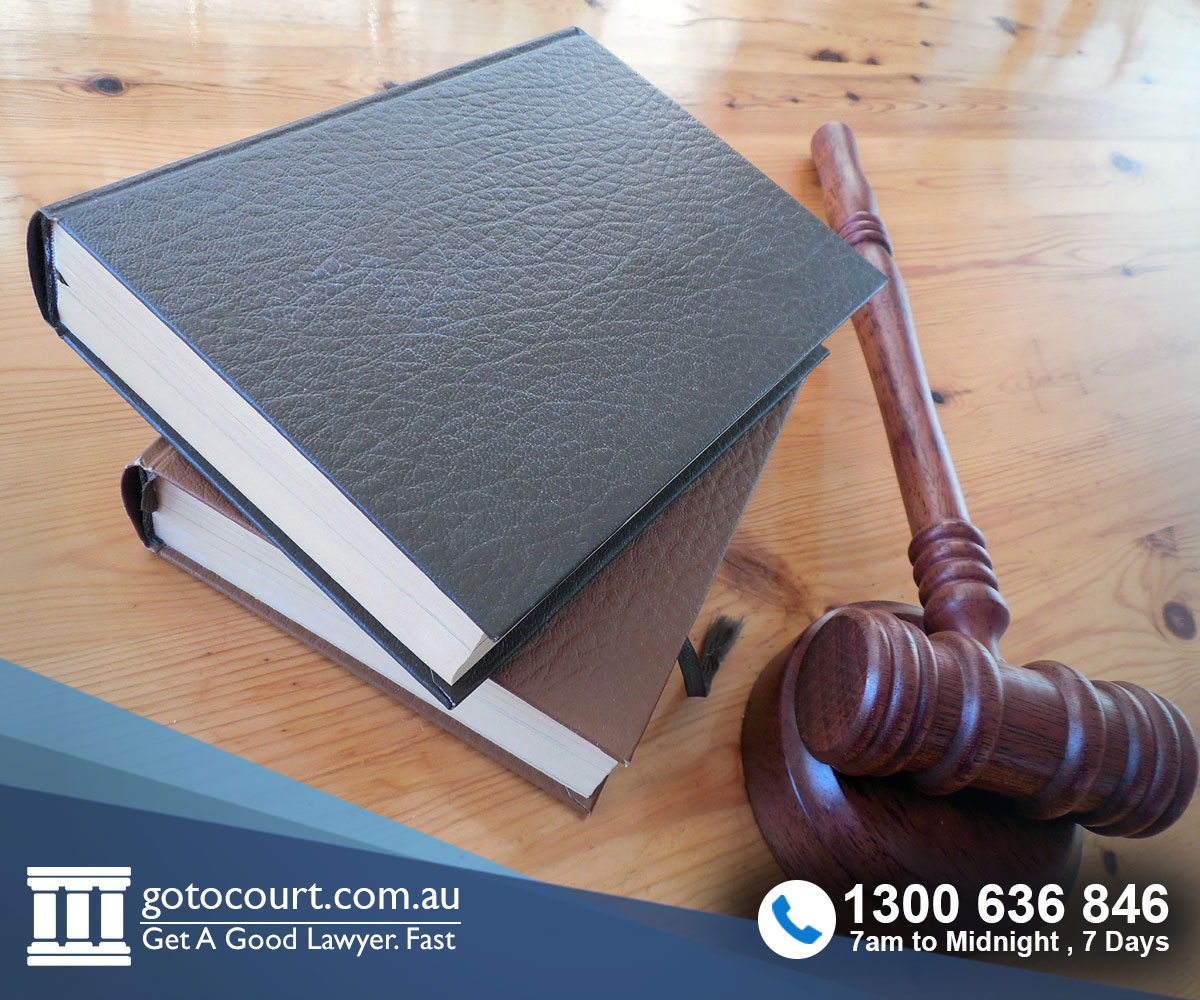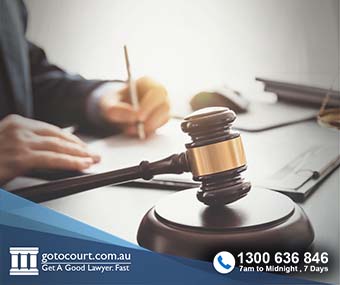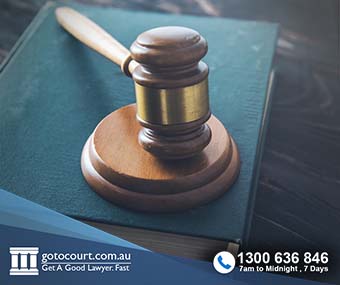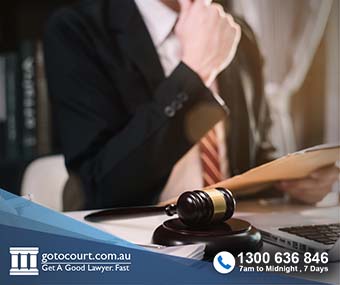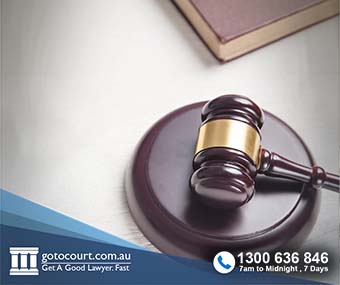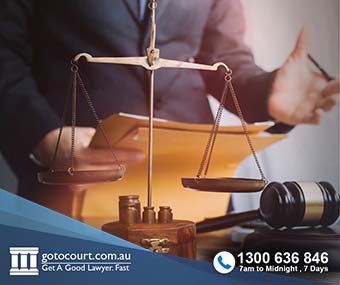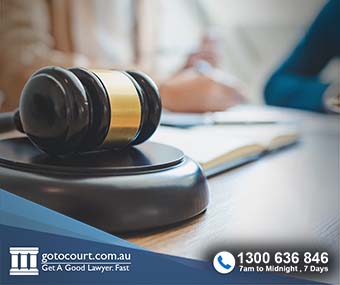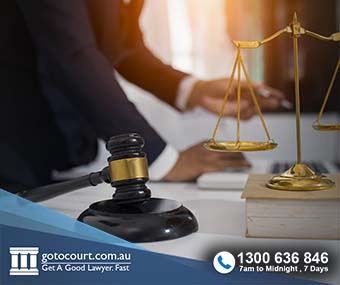Call our lawyers
now
or,
have our lawyers
call you
Defamation in Victoria
Updated on Jan 09, 2023 • 5 min read • 127 views • Copy Link
Defamation in Victoria
Defamation in Victoria is a tort – a civil law cause of action. It was developed under common law and split into two different types of claim: liber and slander.
Libel was defamation of an individual in writing, while slander was defamation of an individual through speech.
In Victoria, the distinction between libel and slander was abolished in 2006 when Australia’s States and Territories adopted uniform defamation legislation. The law relating to defamation is contained in Victoria’s Defamation Act 2005.
Although there are minor variations between States and Territories, the uniform legislation was adopted to ensure the law of defamation did not unreasonably limit freedom of expression, would provide effective and fair remedies for persons whose reputations are defamed, and promote speedy and non-litigious methods for resolving defamation disputes.
What is defamation in Victoria?
Generally, defamation in Victoria is the publication of materials that has a negative impact on the reputation of an individual (the ‘aggrieved’), and the statements in the publication are not substantiated by facts.
Because the distinction between libel and slander was abolished in Victoria by the Defamation Act, ‘publication’ now includes:
- writing
- print media
- online media
- drawings
- speech.
The individual who makes defamatory statements is called the ‘publisher’.
The law of defamation has become important given the amount of content published online via blogs and social media. The Commonwealth Broadcasting Services Act 1992 limits liability for the content host or service provider when the host/provider is unaware of the content. However, if you link to or email defamatory content then you may be held liable as a publisher.
Bringing a claim of defamation in Victoria
Within one year of publication of a defamatory statement, an aggrieved individual may bring a defamation claim against a publisher to recover costs for harm sustained.
Victoria’s Defamation Act caps non-economic damages at $250,000, although this amount may be adjusted to account for yearly inflation.
If a defamatory statement is published only within a particular jurisdiction, such as only in Victoria, then the law of that jurisdiction applies. Where a statement is published in more than one jurisdiction, such as in a national newspaper, then the applicable law is the jurisdiction with the closest connection to the harm caused by the publication.
Elements of the claim
Defamation in Victoria is the:
- communication or publication – broadly construed to include visual and verbal statements across all types of media
- to any third party – the communication must be made to someone other than the aggrieved
- of a defamatory matter – this may be a blatant lie or an imputation, a false representation. A communication is defamatory if someone has a reputation and that reputation has been damaged by the publication of the lie or imputation.
- about, concerning or identifying a person – untrue statements or imputations that do not identify an aggrieved will not create a cause of action for defamation. Likewise, groups of people and most corporations cannot sue for defamation, although there are exceptions if the group or corporation is a non-profit and small.
- without lawful excuse – if all the previous elements have been met, but there is a lawful excuse then the defamation claim will not survive.
Defences to defamation in Victoria
There are many defences to defamation in Victoria, including:
- justification – meaning the published statement is substantially true;
- contextual truth – the published statement made imputations that are substantially true so the aggrieved could not have been harmed;
- absolute privilege – publications made during parliamentary debates, or in court or tribunal judgments are privileged and immune from defamation claims;
- qualified privilege – publication was obligatory for some legal, social or moral reason, but there are limitations;
- public document – the publication content is also contained in a public document, meaning a parliamentary debate, court or tribunal judgment, or other governmental publication;
- fair report – the publication was contained in any fair report of proceeding of public concern;
- honest opinion – the publication was a statement of opinion rather than fact;
- innocent dissemination – the distributor of the publication did not have control over the content of the publication;
- triviality – the aggrieved is unlikely to sustain any harm.
Apologies and offers to make amends
Generally, apologies are not considered admissions of fault or liability. When a publisher receives a defamation notice of complaint, the publisher has 28 days to voluntarily make an offer of amends, which follows a particular process and may contain substantive measures, such as a correction to the publication or an offer to pay the aggrieved’s expenses.
If a publisher makes a reasonable offer and the aggrieved rejects the offer, the publisher has created a defence to the claim.
Apologies and offers to make amends cannot be considered as evidence in legal proceedings.
Criminal defamation in Victoria
In Victoria, criminal proceedings for defamation may be initiated if the publisher knew the defamatory statement was false or had no regard its truth/falsity at the time of publication.
The penalty for publication of malicious defamatory content is a fine as the court sees fit, and/or imprisonment for up to 1 year. If the publisher knows the material to be false, the term of imprisonment increases to a maximum of 2 years.

Affordable Lawyers
Our Go To Court Lawyers will assist you in all areas of law. We specialise in providing legal advice urgently – at the time when you need it most. If you need a lawyer right now, today, we can help you – no matter where you are in Australia.How It Works







1. You speak directly to a lawyer
When you call the Go To Court Legal Hotline, you will be connected directly to a lawyer, every time.


2. Get your legal situation assessed
We determine the best way forward in your legal matter, free of charge. If you want to go ahead and book a face-to-face appointment, we will connect you with a specialist in your local area.


3. We arrange everything as needed
If you want to go ahead and book a fact-to-face appointment, we will connect you with a specialist in your local area no matter where you are and even at very short notice.

